Keywords: Black Lives Matter
-

AUSTRALIA
- Geetanjali Sharma
- 11 March 2020
10 Comments
While family violence and intimate partner violence are spoken about in Australia, there isn’t much general knowledge when it comes to the court process and what happens next.
READ MORE 
-

ARTS AND CULTURE
- Katherine Richardson
- 09 March 2020
5 Comments
I have always been a very black or white person, and it’s taken me a long time to allow myself to see the shades of grey that so often permeate our lives. Thinking of managing my mental health all the time felt like such a foreign concept to me at first.
READ MORE 
-
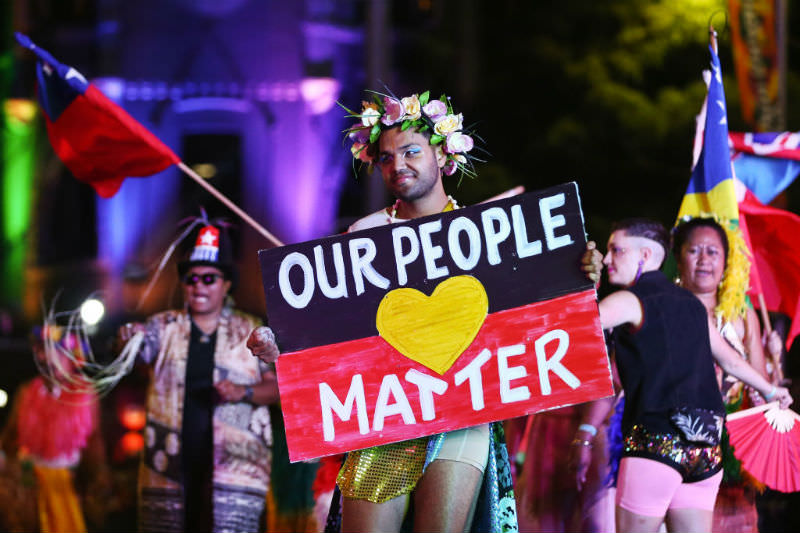
AUSTRALIA
- Dejan Jotanovic
- 05 March 2020
8 Comments
Pride is politically messy. When you stir together an alphabet soup of people, all of which have other intersecting identities (race, class, religion, political allegiance), you will invariably plate up a political mess. And the 2020 Sydney Mardi Gras dished quite the menu.
READ MORE 
-
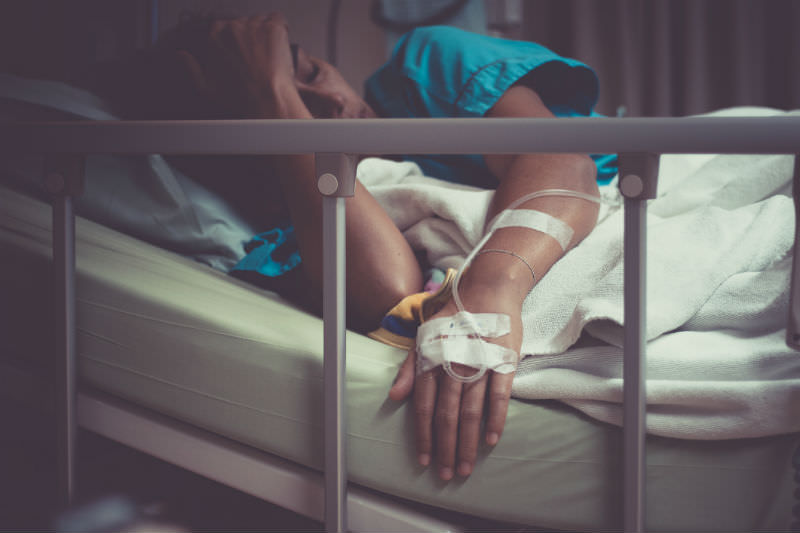
AUSTRALIA
Disabled people, and those that love them, have told the latest hearing of the Disability Royal Commission about their experiences in the health system. Neglect, abuse, violence all featured, with medical people and systems often talked about, not as caring health professionals, but as callous and cruel.
READ MORE 
-
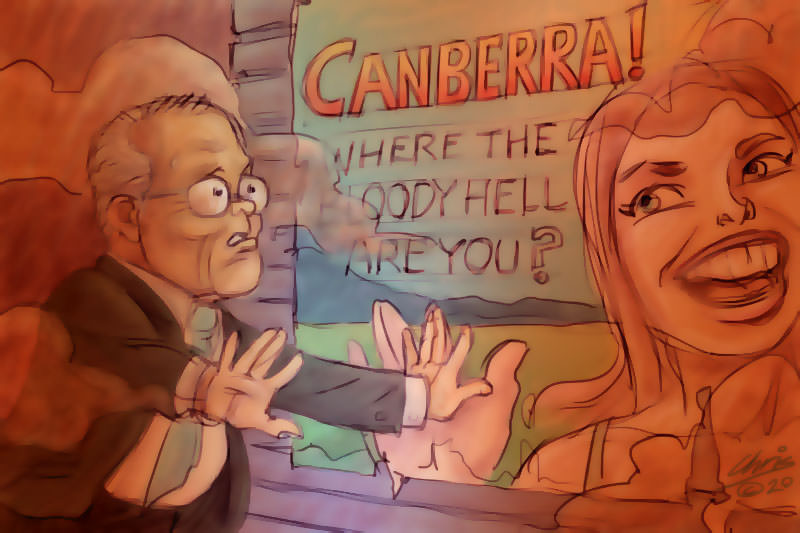
ENVIRONMENT
- Daniel Sleiman
- 13 January 2020
4 Comments
Canberra has a reputation for being banal, bureaucratic and the 'bush capital'. But come 2020 it was in the news for being the city with the worst air quality in the world. What followed were four days of intense heat, sunless mornings, Blade Runner sky hues and warnings to stay indoors as much as possible. But movement is life.
READ MORE 
-
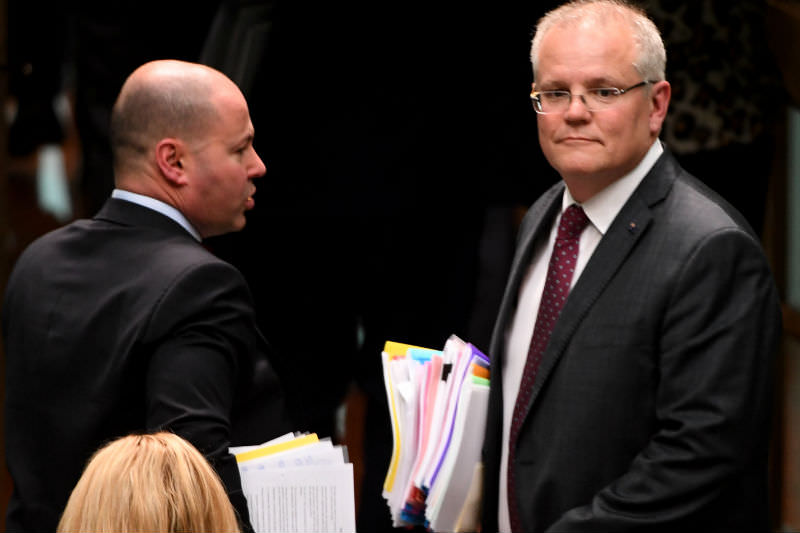
AUSTRALIA
- Carolina Gottardo and Nishadh Rego
- 12 December 2019
6 Comments
Outside, a Martian-red haze kisses the windows. An ode to the future perhaps. Most of the people present are already aware of the Medevac repeal decision. The room is heavy with silence, the mood is sombre, but far from resigned. We want change, and are willing to have a crack at demanding it.
READ MORE 
-

AUSTRALIA
- Neve Mahoney
- 28 November 2019
1 Comment
This bias continues to be so prevalent not only because medicine is a reflection of society, but because medicine was created with cisgender white neurotypical able-bodied men as the baseline. Those underlying assumptions are still baked into medical systems and filter down to all aspects of medicine.
READ MORE 
-
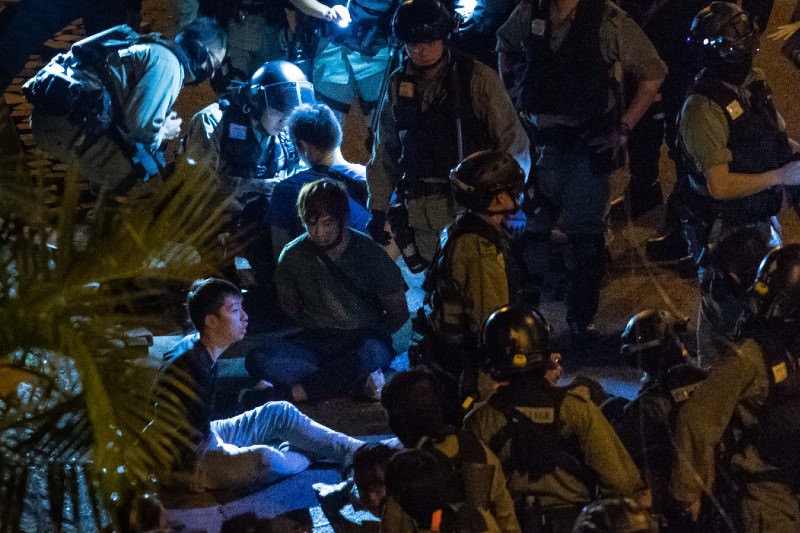
INTERNATIONAL
- Yen-Rong Wong
- 27 November 2019
6 Comments
I have the luxury of laughing off jokes that make light of the power dynamic between mainland China and Taiwan and Hong Kong, but for many of my friends, it's not such a light matter. I struggle to put myself in their shoes, and I feel a sense of hopelessness that I'm not able to do more.
READ MORE 
-
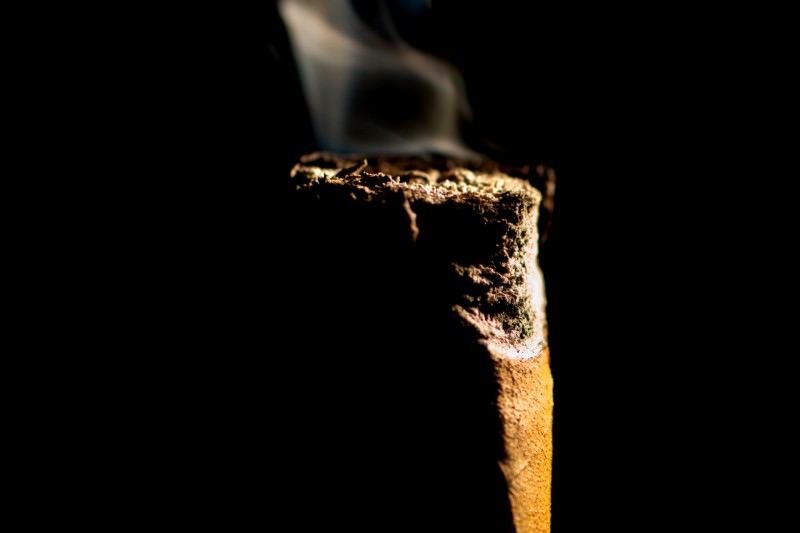
AUSTRALIA
- John Falzon
- 13 November 2019
30 Comments
It's gone too far. The minute you voice even the smallest doubt about the Current Way of Things you get hammered. If, for example, you ask why large multinationals should profit from aged care, the guardians of Economic Correctness look at you funny. Either they don't get it, or they do and they cast you as an enemy of democracy.
READ MORE 
-
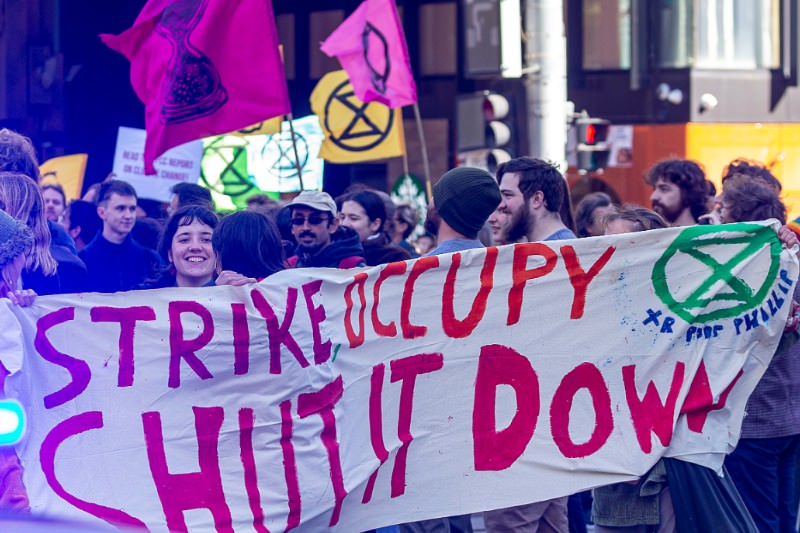
ENVIRONMENT
- Kate Galloway
- 04 November 2019
5 Comments
It is up to business to determine what the market wants. And business is being given a very clear message of market sentiment, through people protesting. For government to attempt to regulate this is a burden on freedom of speech and a significant imposition on the market mechanism, the very thing Morrison says he is trying to protect.
READ MORE 
-
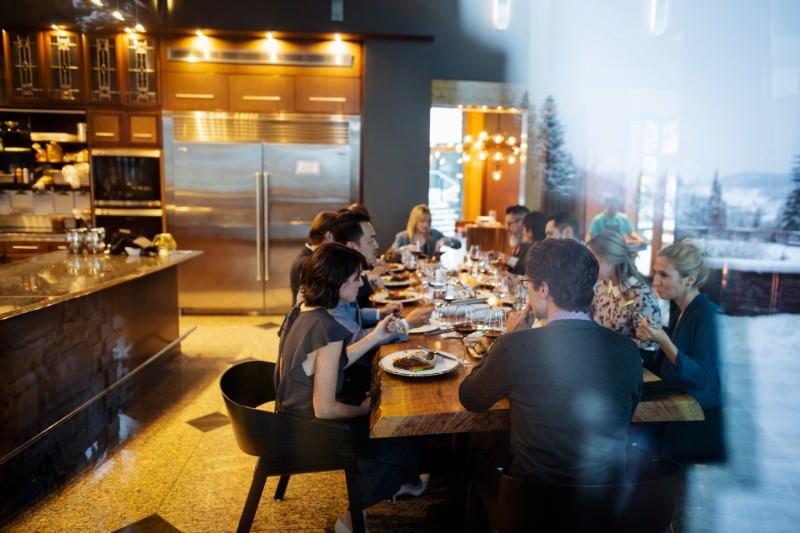
FAITH DOING JUSTICE
- James O'Brien
- 31 October 2019
6 Comments
The rise of the vegan movement challenges us to reflect ethically on food. Writing in the 16th century, Ignatius Loyola prompted his readers to practise reverence in the moment and gratitude for the gifts received when eating. For an age of food and drink on demand, heeding his prompts could help us to balance our inner and outer lives.
READ MORE 
-

AUSTRALIA
- Andrew Hamilton
- 28 October 2019
13 Comments
If we wish to persuade the public that a group of people is being treated unjustly, we portray them as innocent victims. We represent them as a class and as virtuous in order to change public opinion. Stories of violent behaviour by members of the group, however, reveal the reality that no group is uniformly composed of the virtuous and innocent.
READ MORE 